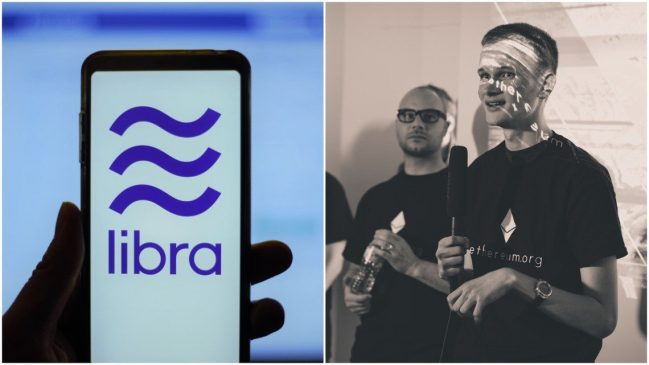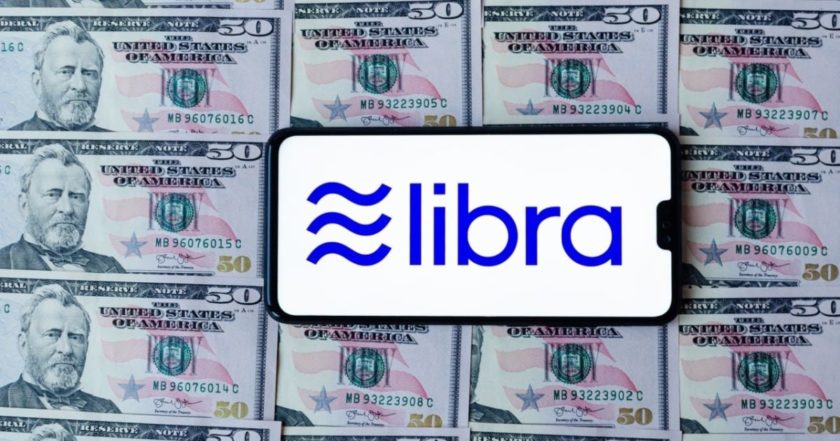Ethereum co-founder Vitalik Buterin has weighed in on the debate surrounding the mooted Facebook cryptocurrency Libra, pointing out that it may have the unintended consequence of making Facebook more power than many national governments if implemented.
Commenting on his Twitter handle over the weekend, Buterin highlighted an August 2018 story from the Facebook newsroom showing that the social media giant banned several pages, groups and profiles linked to the Myanmar military regime.
This seems like a very underreported story given its significance to relations between corporations and states in the 21st century.
Facebook *has censored pages belonging to the Myanmar military*.https://t.co/saoYW3Fd0U
— Vitalik Non-giver of Ether (@VitalikButerin) July 6, 2019
According to Buterin, this story sets a precedent for a new phase in the power dynamic between nation states and corporations in the 21st century – one that would be further heightened if Facebook achieves its goal of launching Libra. It will be recalled that in June, CCN reported that credit rating agency Fitch gave its blessing to Libra, praising its stability and its potential to reach some of the world’s last large unbanked populations in developing countries.
That is, a *corporation* has successfully taken action to restrict the actions of a *government* citing public interest grounds. Normally the arrow points in the other direction. But I predict in the next few decades we’ll see more cases like this.
— Vitalik Non-giver of Ether (@VitalikButerin) July 6, 2019
Replacing the Government with Facebook: An Idea That Will End in Tears
Like all terrible ideas, Libra sets out to solve a real problem and offers a measure of true utility. In many countries where kamikaze monetary policy has left their currency in tatters, it would no doubt be very useful to have access to a bona fide stablecoin. As always, the devil is in the detail, and one only has to peer a little bit closer to see how this could become a nightmare.
First of all, Libra is not really a “cryptocurrency” in the strictest sense of the world. One could more accurately describe it as a “fiat reserve basket-backed” digital currency.
Essentially, the world is facing a situation where Libra displaces the national fiat currencies of many countries particularly in the global South (low and middle-income nations), and makes everyone in those places dependent on it. Once it is an unavoidable part of the social fabric of those countries, it can then show its hand as the centralised money that it is, albeit outside the control of the governments of such places – which makes it a national security risk.
Just like it removed pages linked to the Myanmar military, it can also freeze or restrict users’ ability to use Libra at any time, depending on the whims of a murky and unaccountable internal decision-making process working out of cubicles in San Francisco.
Taking Over the World
In the Myanmar story raised at the outset, what jumps out from Facebook’s communication on the issue is that of a corporation trying to express itself in the language of a government. Rather than make reference to the laws of the relevant land, the press release repeatedly mentions Facebook’s own policies and guidelines, but not that of the U.S. government or Myanmar.
Again for the emphasis of doubt, the U.S. government is an elected entity than is answerable to voters. A platform running with a Terms of Service agreement that was decided by a group of nerds and lawyers in Silicon Valley is not.
Placed alongside Facebook’s ‘Free Basics’ program to provide free internet connectivity in part of Africa and India, the picture becomes very clear. Facebook is not giving away freebies, nor does it care deeply for the unbanked and underserved. The company is simply conducting a digital and financial land grab among the poorest one billion people in the world.
For the unaware simply glad of a chance to escape badly managed national fiat, they may be exchanging the proverbial pan for the fire.




